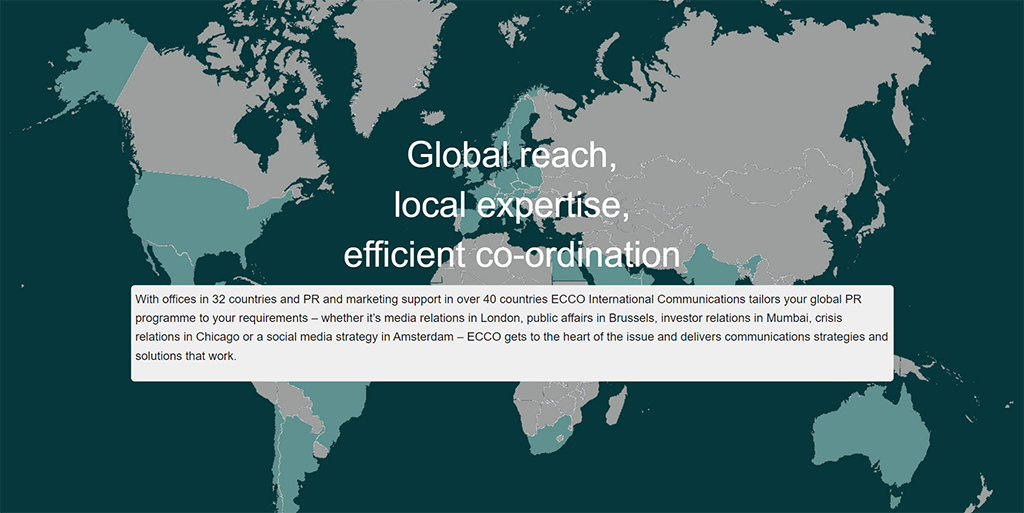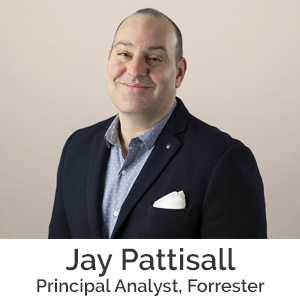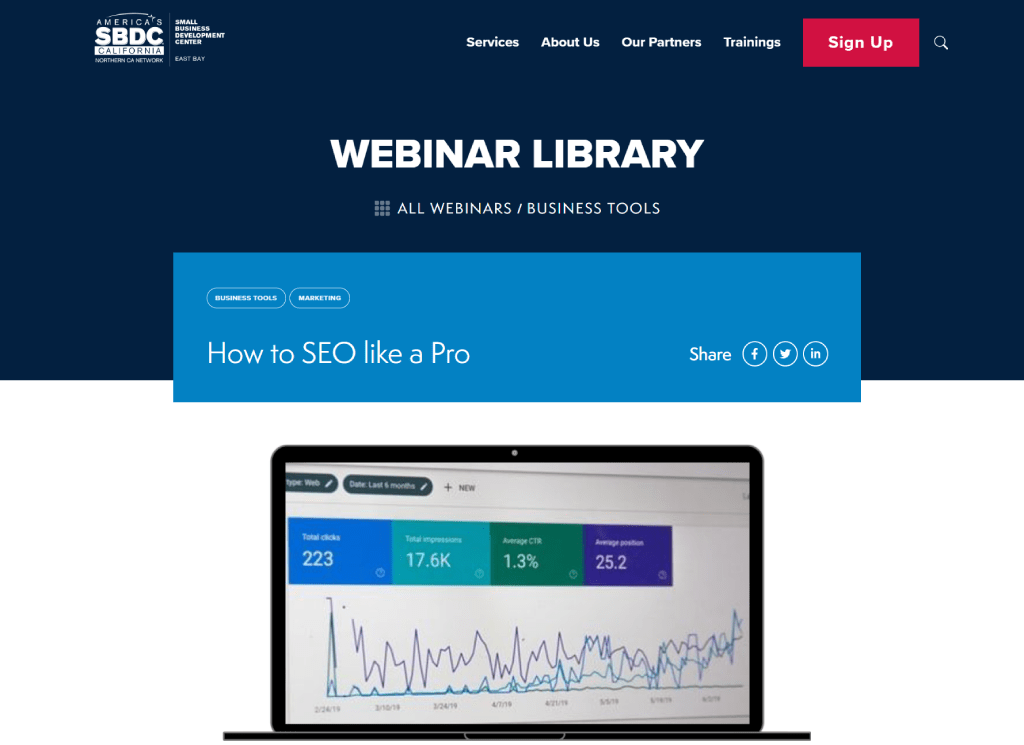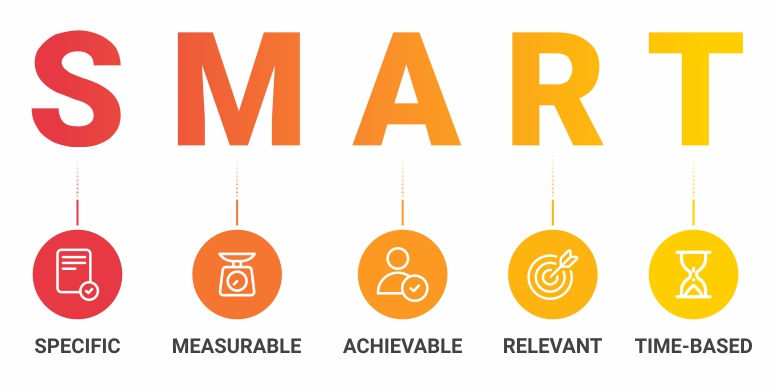
What is a Strategic Agency Partnership?
A Strategic Agency Partnership between two companies is a formalized arrangement to collaborate in some capacity such as sales, PR or marketing with the purpose of building mutual benefit.
Strategic agency partnerships between digital agencies with complimentary services is becoming more common but there are many ways that agencies can leverage these types of partnerships as part of their overall go-to-market strategy.
In this guide we'll cover a range of different strategic partnership opportunities for digital agencies wanting to drive lead generation through this powerful channel.
What is an example of a strategic partnership?
Agency A offers service X and Agency B offers service Y. Both agencies agree to a strategic partnership involving a coordinated go-to-market plan. In most cases, clients who buy service X are likely to also buy service Y. Agency A and Agency B competes with Agency C who offers both services. But the strategic partnership formed between Agency A and Agency B is perceived to be advantageous to some clients because both agencies are seen as specialists within their own fields but work together as a connected entity.
Benefits of Strategic Partnerships for Agencies
The overall benefit of a strategic partnership is diversification. We've spoken before about the benefits of niching down in previous articles - ie: our guide to starting a digital marketing agency. Keep in mind in this instance, diversification doesn't mean offering a virtual full service suite fulfilled by partners (although it absolutely can be).
Instead we want to highlight some innovative ways that your agency can build high-value strategic partnerships while still maintaining a niche position in market.
Adding service capabilities
Sometimes small agencies lose new business pitches because they don't offer the breadth of services required by the client. A strategic partnership with a non-competitive agency offering a complimentary service is an excellent way you can add capabilities to your own service offering. Some agencies choose to white-label their partners capabilities so they appear to the client as a seamless service suite.
"At times - even for large media agencies - it makes more business sense to create a partnership with an outside agency to meet the demands of a client."
New business leads
The most common goal of a strategic partnership is lead generation. The most obvious example being marketing activity like an email campaign sent to the existing clients/customers of your new partner introducing your agency. This kind of marketing activity can bring an instant influx of high-value leads into your new business funnel. Some may convert. This is a great outcome in the short term and with a longer term strategy can be very mutually beneficial.
Appear bigger than you are
Strategic partnerships bring companies and organizations together for the purpose of collaborative activities. On face value, this makes the activity seem larger in scale than if it was executed by a single entity. This perception in market is simply that - a perception. But sometimes this can mean the difference between landing a pitch and being overlooked because you seem 'too small'.
An example of this is ECCO, the International Communications Network for PR agencies. The network comprises over 35 independently owned PR agencies connected through this strategic partnership with each other.

Together these agencies form an impressive international network. In the United States, O'Malley Hansen, is the local ECCO member agency. Again, the perception of O'Malley Hansen as part of a large network might be enticing to certain clients.
Sharing ideas
Embarking on a partnership with another organization has the potential to bring new ideas and new approaches to the table. Sometimes these external opinions can be valuable as they help unlock ideas that would have otherwise not seen the light of day. Much like how a new hire brings new ideas and new energy into the company, so too can the right kind of partner.
An extension of this benefit is where an individual (or group of individuals) from one organization spend time in the partner organization across a short-run project, work sabbatical or secondment. However it is structured, a brief period of time where partner talent are embedded into another organization can be mutually beneficial to the partner organizations, the people (enhancing skillsets & team morale) and ultimately the work - everyone wins!
Cost savings
Partnerships should never be viewed through a purely economic lens, however it is likely that leads generated through partners will have a lower effective Cost Per Lead (eCPL). This is because partner leads are warm leads and have built-in trust through association with the partner.
Not only this but any cost metrics you measure like CPC or CPA will likely be lower as an effective metric when executed through strategic partners. Some marketers would refer to these metric variants as eCPC and eCPA. This is where you would substitute what would be an ad spend with the cost of your time/production, etc. So if it takes $500 of equivalent time/effort to produce a solus eDM that your partner can send out to their mailing list of 10,000 and it attracts 1,000 clicks, then your eCPC is $0.50.
Types of Strategic Partnerships for Agencies
Complimentary Agencies
Strategic partnerships between two agencies with complimentary services are a match made in digital heaven. There are a number of common pairings among agencies with complimentary services like:
- PR agencies partnering with Social Media Agencies
- SEO Agencies partnering with PPC Agencies
- Development agencies partnering with Digital Marketing Agencies
- Creative agencies partnering with Media Agencies
A recent example of this was when Blue Ant Plus - an award-winning creative production agency announced their strategic partnership with The Influence Agency - an influencer and social media agency.

Jakki Roussel, Communications Manager at Blue Ant Plus says of the partnership:
"Together, Blue Ant Plus and The Influence Agency create a one-stop destination for clients looking to move away from the transactional nature of one-off engagements with influencers to a more evolved and sophisticated content-based strategy, combined with standardized pricing and data analytics reporting."
Software Vendors
Digital agencies frequently partner with software vendors, like SEOptimer, to help enhance their data credentials, capabilities or provide a unique differentiation against their competitors.
Expleo, a digital transformation consulting firm announced their strategic partnership with AI data analytics vendor DataWhys to provide AI-powered insights across their business disciplines.
Expleo's COO Roch Thaller says:
"By supporting the digital transformation journeys of the world’s biggest brands, we have cultivated a deep understanding of the challenges businesses can face. We can apply the analysis which DataWhys’ platform provides and turn that into real business solutions, quickly and effectively."
Cross-border Partners
Language and cultural barriers can be overcome instantly by partnering with local organizations in key markets. These days, with more commerce and business taking place online, this potentially opens up the world to agency clients for sales and growth. Establishing a cross-border partnership can give your agency an unfair advantage against competitors.
Digital Out of Home media owner, Hivestack recently announced their partnership with Shanghai-based digital agency, Blue Media to enable their Chinese clients to book advertising on Hivestack's digital screens throughout North America.

Data Providers
 Digital agencies rely on data to make more informed strategic recommendations to their clients. To stay competitive, digital agencies need to build relationships with data providers and data platforms to help give them the edge in pitches, new business proposals and of course in ongoing client work.
Digital agencies rely on data to make more informed strategic recommendations to their clients. To stay competitive, digital agencies need to build relationships with data providers and data platforms to help give them the edge in pitches, new business proposals and of course in ongoing client work.
Jay Pattisall is the Principal Analyst at Forrester Research and says data is what fuels meteoric growth for businesses of all shapes and sizes:
"For agencies, the capabilities to manage and enrich data into insights for media and messaging is critical to marketing in the age of the customer."
Jay says the large network agency groups have built or acquired their own data management and data tech platforms. Whereas smaller independant agencies need to rely on leveraging data partnerships with startups or smaller data providers.
Other Service Providers
For digital agencies who focus on an industry niche, partnering with a service provider that also works in that niche can be a great way to accelerate lead generation and business growth.
For example, if your agency focuses on local businesses, partnering with a local accounting firm or local law firm could be a great way to get exposure to new potential clients.
Industry Associations
Another great partnership opportunity might be with an industry association - especially associations who run regular events or learning sessions. A partnership with a relevant association could help position your agency as a thought leader in digital marketing.

Running free educational workshops or seminars provides the association with value and also provides you with a high-quality source of new business leads whilst growing your profile in the industry.
Steps to Implement a Strategic Partnership
1. Make a shortlist of potential partners
Firstly, think about what you need this partnership to achieve for your agency. Is it new leads? Growing awareness/building your profile? Do some research in your local area and industry to identify potential partners that you can add value to whilst achieving your goals. Speak to clients and ask them who else they work with or what other organizations they are members of.
If you're starting out and don't have many connections, try going along to your next local chamber of commerce event or look for local networking groups or meetups in your city around marketing themes or industry-specific themes. Attend digital marketing conferences or join relevant Facebook Groups.
2. Start the conversation
Actually formalizing an agreement and going to market together is the very last step. In the early days you need to establish whether the organizations on your shortlist are relevant and that they are interested in partnering with your agency. Probably the most important though is whether there is clear mutual value in forming a partnership together.
3. Determine the shared objective
Partnerships fail when there isn't a shared objective between both parties. It's fine to have individual objectives but there should be an overall shared objective that underpins the relationship. This shared objective should be SMART, especially the "SMA" part - so make sure it's Specific, Measurable, and Achievable.

Importantly, the shared objective needs to be agreed to by both parties. Some examples of good shared objectives include:
- Building reciprocal new business leads together in market
- Co-authoring thought leadership pieces and attracting PR mentions
- Running co-branded events and building a shared eDM list
- Running marketing activities together and driving traffic to each others landing pages
4. Agree on a timeframe
When it comes to formalizing an agreement ensure you specify a start and end date. Don't assume the partnership will run in perpetuity. There are an unlimited number of unknown reasons why things don't work out so it's always best for agreements to finish by default with the option to renew if both parties want to.
Typically a strategic partnership agreement might run for 12 months with the option to renew on a 12-month basis.
Managing Strategic Partnerships
Once you've embarked on a strategic partnership, it will be in everyone's best interests to ensure the partnership succeeds. Communication is vital, so having easy ways to keep in touch like Slack, WhatsApp, etc is useful. Agreeing on a regular meeting or call might be another good process to maintain as long as the cadence is realistic - for example, once a month or once every 2 months.
Reviewing progress, actions and results in these monthly meetings is a good way to energize everyone involved and remind them why the partnership exists and how these actions are helping achieve the shared objective.
McKinsey & Company published a paper titled Improving the management of complex business partnerships. In this paper, they cite the importance of "Connecting socially". While the paper was aimed at large organizations, this particular point is relevant to businesses of all sizes. One executive interviewed by the consulting firm said:
"About 30 to 40% of partnership meetings are about business; the rest of the time is spent building friendships and trust."
Potential Pitfalls of Strategic Agency Partnerships
Like a personal relationship, a business relationship can breakdown if trust is eroded, communication reduces/stops or if various inequities arise. As mentioned previously, the success of an agency partnership relies on having a shared SMART objective. If this is not established, the partnership will be setup to fail.
 Mike Canarelli is the Co-Founder/Owner of WTM Digital - a full service digital agency in Lancaster, PA.
Mike Canarelli is the Co-Founder/Owner of WTM Digital - a full service digital agency in Lancaster, PA.
He sees many advantages for agencies forming strategic partnerships with each other but he also suggests proceeding with eyes wide open and be mindful of issues that may arise. When asked about potential pitfalls, Mike says:
"Any decision is accompanied by drawbacks. Forming a strategic partnership is no different. When coming together with another company, you put your own company at risk."
1. Value inequity
If one partner feels the benefits of the partnership are being skewed too much to favor the other partner, this will leads to problems in the future. Sometimes it can be difficult to assess whether the partnership is driving a 50/50 value split to both parties but open and honest communication at the start can help avoid this.
2. Investment inequity
If both partners are not investing an equal amount of effort into the partnership - it will be doomed to failure. Whether the effort is monetary or time based, the levels of input or workload need to roughly match, otherwise resentment will build, trust will erode and the partnership will fail.
3. Decision inequity
If one partner ends up 'calling all the shots', the partnership will likely not last for long! In every strategic partnership, there must be a consensus style of decision making and an equal level of authority over any shared projects or shared initatives.
Next Steps
Start by identifying what you want to achieve with a strategic agency partnership and start the partner shortlist process. This is an exciting time and you should cast a wide net at first! Let us know how you go - tweet us @seoptimer.










